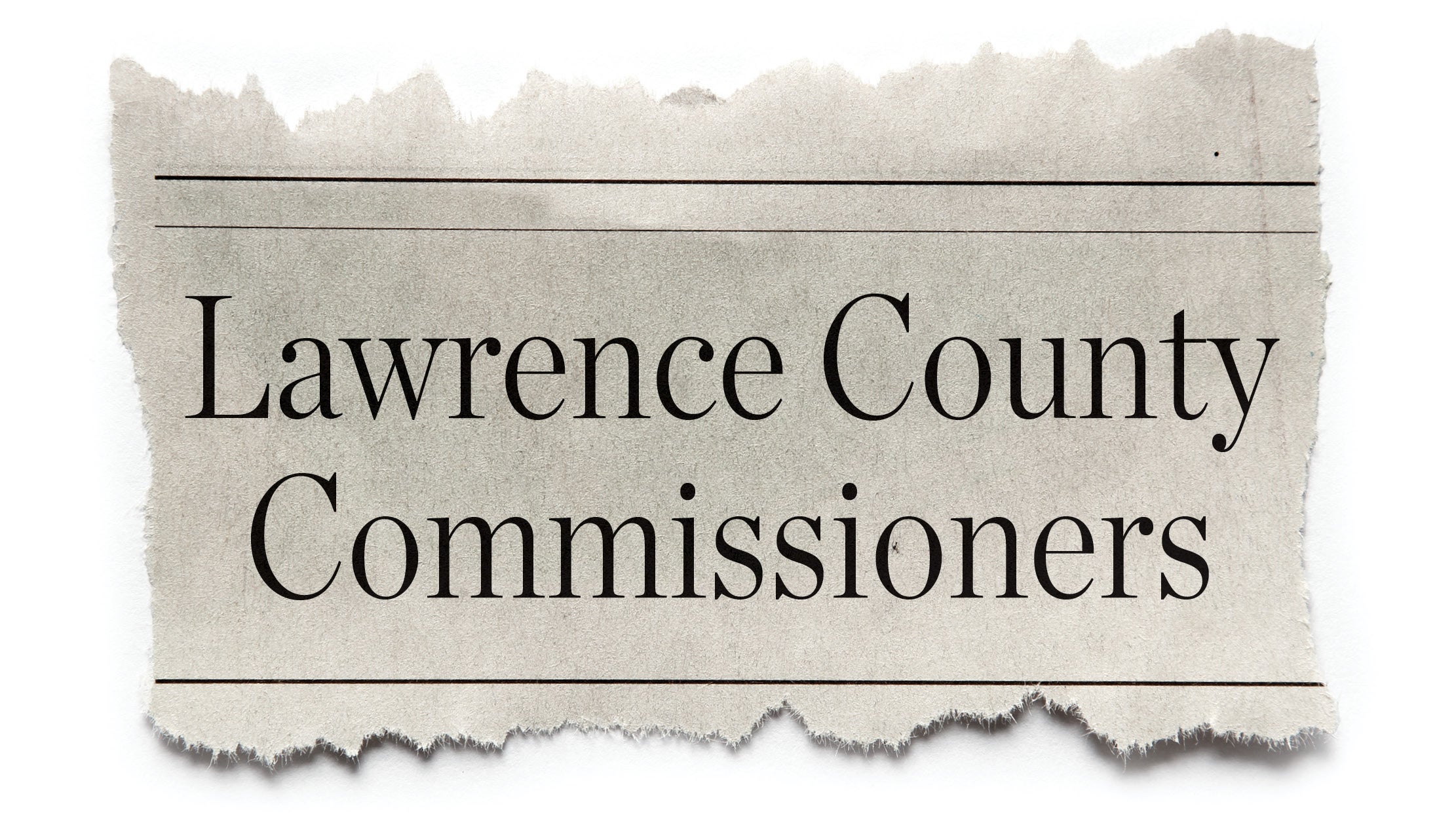Filipino immigrant graduates nursing school
Published 10:26 am Tuesday, December 6, 2011
Annie Mayo came to the United States at the age of 30.
The Philippine-born immigrant grew up the daughter of rice farmers in the southern region of the country, the youngest of eight children.
Driven by her dreams for a better life and the desire to achieve a higher education in order to become a nurse, she left her home and family at age 19.
Her long emigration journey took her to four other countries, where she worked as a live-in nanny, before she immigrated to the United States and settled in the Tri-State in 2004.
In November, the now 37-year-old permanent U.S. resident earned her associate’s degree in registered nursing from Ohio University Southern and was named the class’s Outstanding Student. It was an honor Mayo did not expect, but one she most certainly deserves, according to OU staff, for her determination and absolute dedication to her studies.
While working toward her degree, Mayo estimates she spent more than 70 hours studying every week.
Mayo is now focused on studying for her board exams as well as working on prerequisites to earn her four-year nursing degree. Eventually, she plans to become a nurse practitioner. “Even if it takes me until I am 90, I’ll be happy because I will have accomplished something,” she said.
But Mayo has already accomplished so much and is living her dream. She is a nurse.
“It has always been my dream,” she said. “Being able to help people, it makes me feel so great that I am able to help them, able to change their life. I knew back home, but it was just a dream then.”
For the past two and a half years, Mayo had been working at Trinity Station retirement community in Flatwoods, Ky. as a licensed practical nurse. She earned that degree at Ashland Community and Technical College before enrolling at OUS last fall. When she completes her board examinations, she hopes to land a RN position in an area hospital’s intensive care unit.
“I love ICU,” she said, “I feel like home there. I can work in a stress environment. There is a lot of stuff to do and every day is different because every case is different.”
In her speech at commencement Mayo shared part of her own struggle to get an education. She did that with the hope of encouraging the audience to remember and appreciate how lucky they truly are to live in a country where attending college is an opportunity for everyone – not just the wealthy and well-connected.
Even getting a high school education in the Philippines is not for the faint hearted, she said.
“There is transportation but you have to pay money,” she said. “We don’t have money; we have to walk 10 miles back and forth. That is Monday to Friday. You have to do that to have an education.” She added, “Kids here if they had to walk that far, they wouldn’t go to school.”
As a student, Mayo also had to pay for everything from the pencils she used in class to the tests she took there. She would often gather fruit to trade for her supplies and when she was unable to scratch together the cash she would beg her instructor to allow her take the exam and pay for it later.
“I guess they trusted me so much that they let me take it,” she said, “but I had to sign papers saying I will pay it after this. You have to do what you can.”
“It’s hard to really believe that I went through this but that is exactly what my life is,” she said.
Even as a student in America, Mayo has had to work harder than other students. “It is totally different. I am working totally different, but it is still hard,” she said.
“I have to overcome a language barrier,” she explained, “I can not read and understand one time.” Mayo also writes most of her papers in her native language – Tagalog, and then translates it into English. “For me to be able to get what I really want to say onto the paper I have to write it in my own language and then translate it,” she said, adding “Then I have to ask my friend to correct my grammar.”
Mayo does not shy away from all the hard work and has little sympathy for those who are unwilling to work and complain or sit around feeling sorry for themselves.
“That is the good thing about being a Filipino, who doesn’t have anything, and coming over to a country where, there is a possibility to have everything as long as you work hard for it because you know how to say ‘Thanks God. That I have this.’ I don’t have to worry the next day where I am going to get my food,” she said.
In her commencement address, Mayo sought to encourage others to give thanks themselves. “That is the one thing about my speech – trying to encourage kids to really, really, really be thankful for what they have here. For them to realize how lucky they are to be here and they have to appreciate what they have and not take it for granted,” she said.
“There are a lot of people outside here, willing to work and work hard for what they have.”




